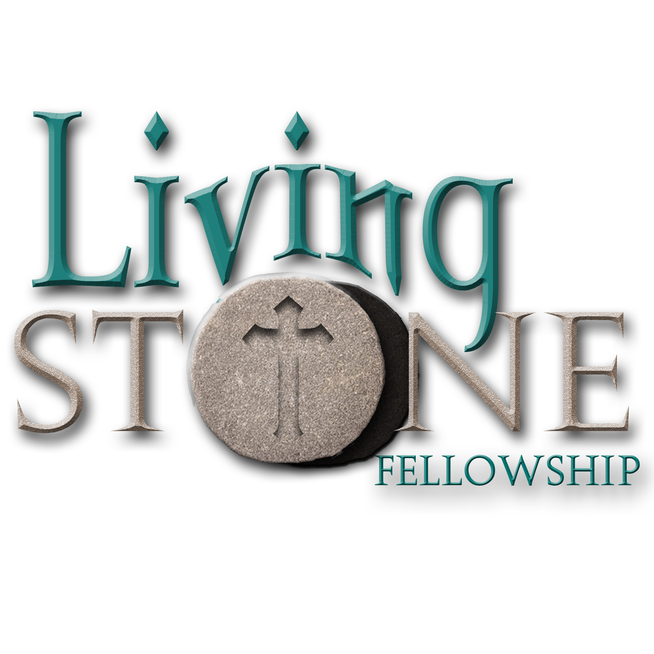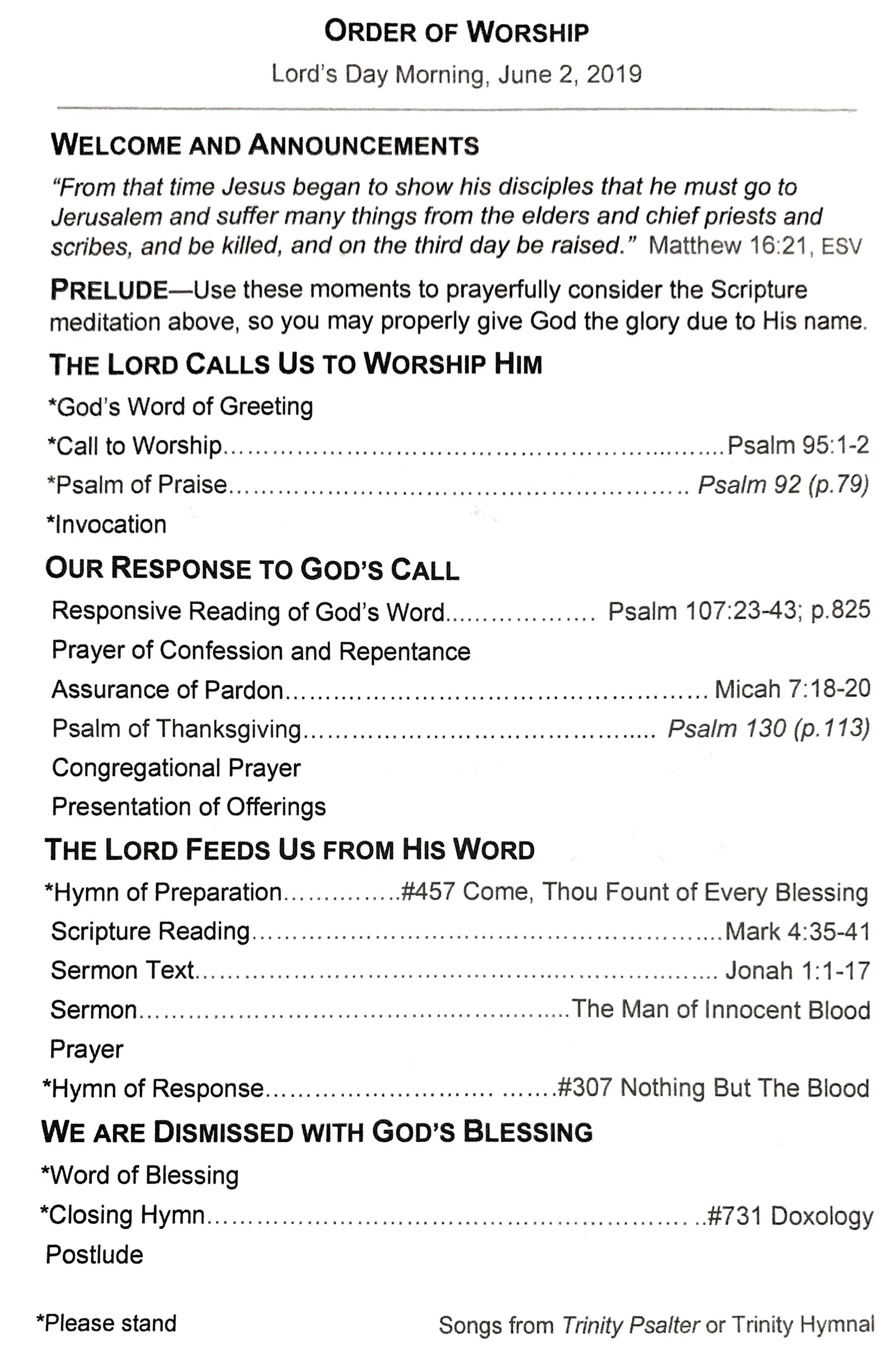Why do we do what we do?
Our services will follow these Biblical guidelines found in the OPC’s Directory for the Public Worship of God. Drawn from careful study of Holy Scripture, the directory expands on the doctrines defended by our Confession and Catechisms and gives greater detail about our theology of worship, commonly called the Regulative Principle of Worship. In short, we seek Biblical warrant for everything we do in worship as an expression of Sola Scriptura. This includes explicit commands in Scripture, logical deductions from Scripture, as well as positive Scriptural historical examples.
The main headings of Chapter 1 of the Directory are quoted below from the 2015 edition of the OPC’s Book of Church Order. Click here to see the entire Directory.
Chapter I - The Principles of Public Worship
A. God’s Institution of Public Worship
1. The living and true God, our triune Creator, has instituted the worship of himself by all people everywhere in spirit and in truth.
a. Because man’s chief end is to glorify God and fully to enjoy him forever, all of life is to be worshipful. Nevertheless, worship itself consists primarily in specific acts of communion with God.
b. Only those people whose hearts have been made new through God’s grace by the work of the Holy Spirit can worship God.
c. While believers are to worship in secret as individuals and in private as families, they are also to worship as churches in assemblies of public worship, which are not carelessly or willfully to be neglected or forsaken. Public worship occurs when God, by his Word and Spirit, through the lawful government of the church, calls his people to assemble to worship him together.
2. In his Word, God has specially appointed one day in seven as a Sabbath to be kept holy to him. It is the duty of every one to remember the Sabbath day, to keep it holy. From the beginning of the world to the resurrection of Christ, the Sabbath was the last day of the week, marking the completion of six days of work, anticipating eternal rest in the coming Messiah. By raising Christ from the dead on the first day of the week, God sanctified that day. And from the time of the apostles, the church, accordingly, has kept the first day of the week holy as the Christian Sabbath, the Lord’s Day, and as the day on which it is to assemble for worship. Now each weekly cycle begins with the people of God resting in Christ in the worship of his name, followed by six days of work. The Lord’s Day thus both depicts that the Christian’s rest has already begun in Christ, and anticipates the eternal rest of his sons and daughters in the new heaven and the new earth.
3. God’s covenant people are to devote the entire Lord’s Day as holy to the Lord…
4. The Lord’s Day is a day of holy convocation, the day on which the Lord calls his people to assemble for public worship…
B. The Nature of Public Worship
1. An assembly of public worship is not merely a gathering of God’s children with each other, but is, before all else, a meeting of the triune God with his covenant people. In the covenant, God promises his chosen ones that he will dwell among them as their God and they will be his people…
2. Because Christ is the Mediator of the covenant, no one draws near to God except through him alone…
3. By the Spirit of the exalted Christ, God draws near to his people and they draw near to their God. They come by grace to Mount Zion, the heavenly Jerusalem, joining innumerable angels and all the people of God in joyous and reverent communion with him…
4. In public worship, God’s people draw near to their God unitedly as his covenant people, the body of Christ…
5. The triune God assembles his covenant people for public worship in order to manifest and renew their covenant bond with him and one another. The Holy Spirit engages them and draws them into the Father’s presence as a living sacrifice in Christ. God himself has fellowship with them, strengthening and guiding them for life in his presence and service in his kingdom…
6. The triune God reveals the way of knowing and worshiping him in his Word, the Holy Scriptures of the Old and New Testaments, which is the only infallible rule of faith and practice…
7. The end of public worship is the glory of the triune God. To that end, Christ builds his church by perfecting the saints and adding to its membership such as are being saved—all to the glory of God…
C. The Parts of Public Worship
1. Because a service of public worship is in its essence a meeting of the triune God with his chosen people, a worship service consists of two principal parts: those elements which are performed on behalf of God (through a representative voice) and those elements which are performed by the congregation (through their own or a representative voice)…
2. The triune God is not a passive spectator in public worship, but actively works in each element of the service of worship. Neither are the people of God to be passive spectators in public worship, but by faith are to participate actively in each element of the service of worship…
3. The Lord Jesus Christ has not prescribed a set order for public worship; rather, he has given his church a large measure of liberty in this matter. It may not be forgotten, however, that there is true liberty only where the rules of God’s Word are observed and the Spirit of the Lord is, so that all things are done decently and in order, and God’s people approach him with reverence and in the beauty of holiness…
4. The session does well to ensure that the public worship assembly space is so arranged as to reflect and reinforce God’s initiative in drawing near to and gathering his people through the ministry of the Word and sacraments…

